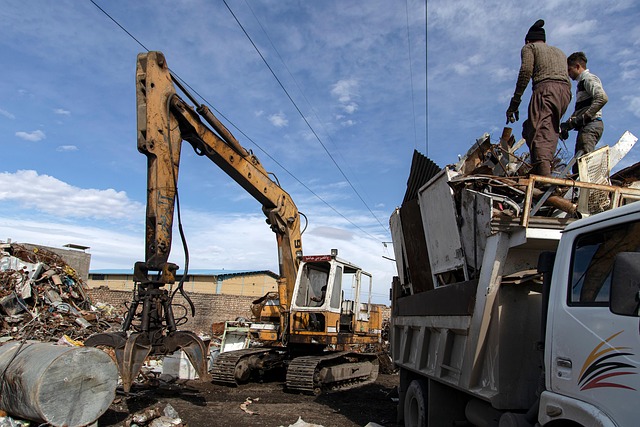Efficient real estate property management relies on clear communication via digital tools for issue reporting, tracking repairs, and dispute resolution. Regular inspections prevent minor issues from becoming costly emergency repairs. Detailed records of maintenance activities ensure consistent high standards. Structured dispute management techniques, including prompt addressing and conflict-resolution processes, foster positive relationships between tenants, landlords, and contractors in the dynamic real estate sector.
In the dynamic realm of real estate, efficient repair coordination and swift dispute resolution are paramount to maintaining property values and fostering positive relationships. This article explores strategic approaches to streamline repair processes for real estate properties, focusing on effective coordination techniques that enhance efficiency. Additionally, it delves into prompt dispute handling methods, highlighting critical communication strategies for successful resolution in real estate transactions.
Efficient Repair Coordination Strategies for Real Estate Properties

Efficient repair coordination is crucial in maintaining the value and appeal of real estate properties. The key lies in implementing strategic systems for prompt dispute resolution and organized repairs. Firstly, establish clear communication channels between tenants, property managers, and contractors to ensure everyone is on the same page regarding maintenance needs and timelines. Digital platforms or dedicated software can facilitate this by providing a centralized hub for reporting issues, tracking progress, and managing budgets.
Regular inspections also play a vital role in proactive repair coordination. Scheduled walkthroughs allow for early detection of minor issues before they escalate. This not only reduces the frequency of costly emergency repairs but also fosters a culture of maintenance awareness among tenants. Additionally, maintaining detailed records of all maintenance activities, including repair histories and supplier information, enables efficient problem-solving and ensures consistent high standards across properties.
Addressing Disputes: Prompt Resolution in Real Estate Transactions

In the dynamic realm of real estate, addressing disputes promptly is paramount for maintaining a harmonious transaction. When issues arise, whether it’s a discrepancy in contract terms or a disagreement over repairs, swift action can prevent escalation and protect the interests of all parties involved. The key lies in effective communication and a structured approach to resolution.
Prompt resolution means engaging in open dialogue to understand each other’s perspectives. Real estate professionals should establish clear channels for dispute management, ensuring that everyone involved knows the steps to take when a problem surfaces. By addressing disputes head-on and promptly, the process becomes less contentious, fostering trust and satisfaction among buyers, sellers, and agents alike.
Streamlining Communication: Effective Dispute Management Techniques

In the dynamic realm of real estate, efficient communication and swift dispute resolution are paramount for maintaining harmonious relationships with tenants, landlords, and contractors. Streamlining communication channels is a powerful strategy to achieve this. Adopting digital platforms and tools designed for property management can significantly enhance collaboration and response times. These platforms enable instant document sharing, task assignment, and progress tracking, fostering transparency and accountability throughout the repair process.
Effective dispute management techniques further reinforce efficient communication. Addressing concerns promptly prevents escalation and demonstrates professionalism. Implementing a structured conflict-resolution process involves clear steps for documenting disputes, identifying root causes, and negotiating resolutions. Regular training sessions for staff on active listening, empathy, and problem-solving skills can contribute to fair and timely outcomes, ensuring satisfaction across all stakeholders in the real estate ecosystem.






